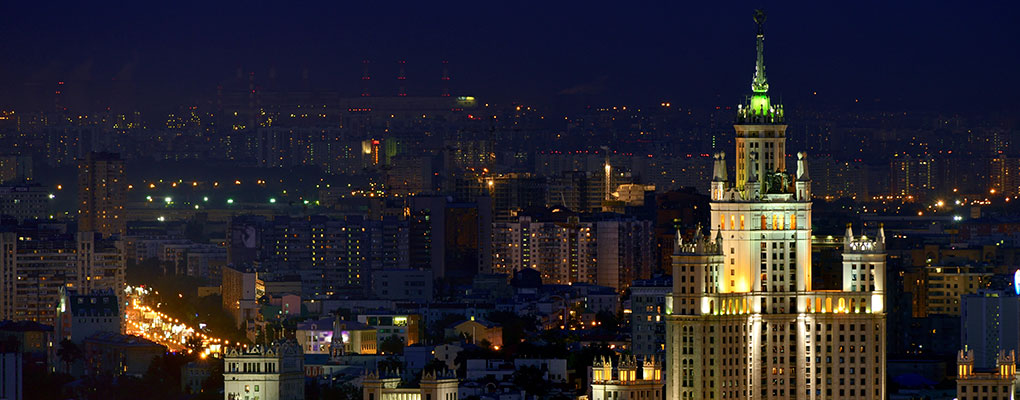
Russia’s GDP is expected to fall by as much as 3.4 percent this year, according to the IMF. The poor economic performance is the result of a reduction in domestic demand and made worse by stagnating wages, increased capital costs, and weaker consumer confidence.
The economy should resume growth next year
However, the real problem for the country comes from pressure applied by the international community, with extended EU-US sanctions against Moscow serving to deleverage the ruble and limiting market access.
The economy should resume growth next year, as inflation continues to gradually decline. But full economic recovery is unlikely, with sanctions restricting medium-term growth in the country to just 1.5 percent a year.
In an attempt to stabilise the economy and bolster its struggling financial system, Russian authorities have moved to a floating exchange rate and increased overall FX liquidity. The government also introduced a large fiscal stimulus and a limited wage indexation in order to mitigate the disinflationary process.


